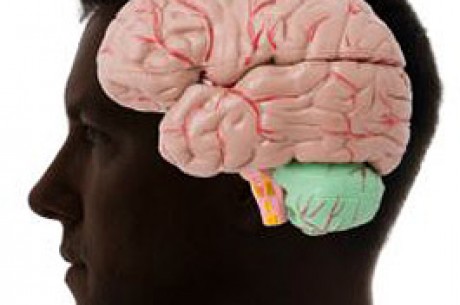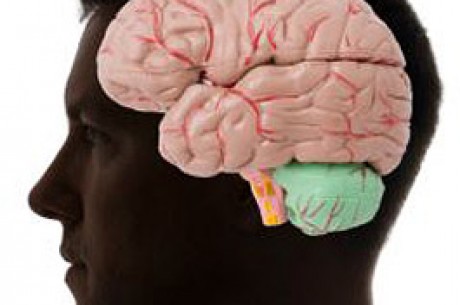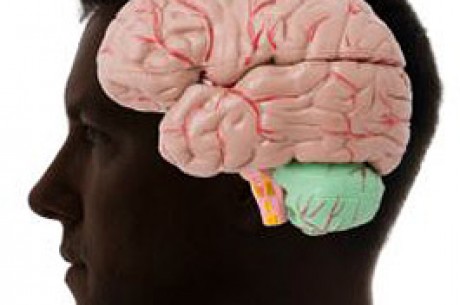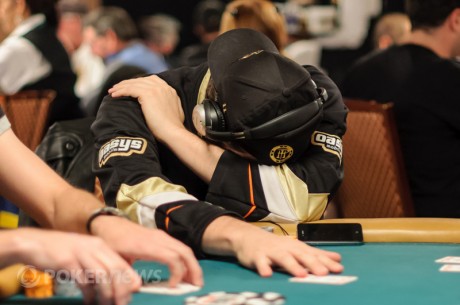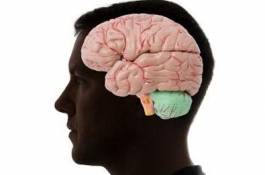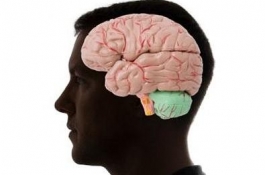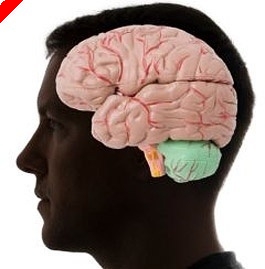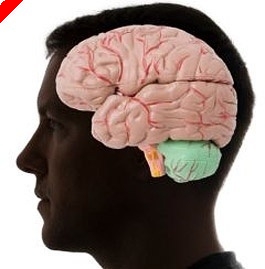The Poker Shrink, Vol. 20 - Leave Your Emotions at the Door…or Not!
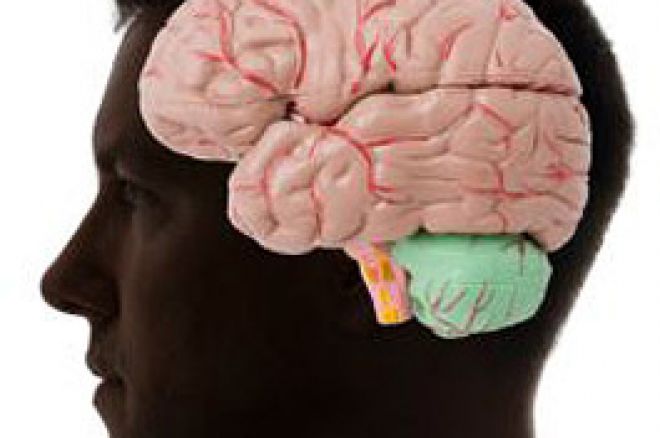
You've heard it said at the table dozens of times; whenever a player goes on tilt you think it - every poker book mentions it: "Leave your emotions at the door of the poker room." Great advice but completely impossible. You might as well ask a player to leave their brain at the door. We are by nature emotion laden creatures. You can't leave your emotions at the door. Like most folksy bits of advice there is truth to be found in the general idea but let's take a look at how your emotions can work for you as well as against you at the poker table.
A player goes on tilt; they just "go off" after a bad beat or a monster suck out. What comes next? They donk off the rest of their chips; they verbally act out at the dealer or another players; they take a walk and shake it off. There are lots of ways to react to tilt but the question remains: Why tilt in the first place? The answer to that question usually can be found in the answer to this question: 'What was already going on with that player before they sat down at the poker table?'
The majority of table tilts happen before the player ever gets to the table. Hence, the advice: "Leave your emotions at the door." Since we realistically cannot ever do that completely; let's try some better or at least different advice.
1) The next time you tilt; do a post-game analysis of the tilt just like you do the post-game on your play. Sure, you rethink the over-the-top move with the AQs but you don't consider the loss of focus when you lose to the AJo caller? Your reaction, your tilt, is just as much a part of your game as playing suited connectors under the gun. If you look at your negative responses to a bad beat, you will invariably see that it costs you chips and costs you money.
2) Notice how other players react to a bad beat. How does that guy stand up and say: "Nice hand, Sir" after someone hits a runner-runner on him? His reaction is emotional, just as much as slamming the table or throwing the cards but who do you think has a better chance of playing the next hand under control?
3) Really, truly understand that someone hitting a three-outer on the river against you will happen about 7% of the time. A 93% chance to win still means you lose sometimes.
4) Preparation for the bad beats is substantially more critical to your overall success at poker than is how you riffle your chips at the table. Which of these two have you spend more time on?
This is not rocket science but it is human science. The key to human science is observation. Psychologists, sociologists, anthropologists all rely on observing human beings in their natural state. If you are having problems with tilt or with your emotions at the table then observe players who do not have that problem. What are they doing? What are they not doing? How are they acting and reacting before the bad beat? The key to using your emotions to your benefit is preparation and once you have your emotional state at a perfect pitch for your poker game then you will be able to move to the more advanced lessons: Using others less than optimal emotional states to put them on tilt and increase your winning percentage.
Bad beats happen but the resulting tsunami should sweep away your opponents chips - not yours.
Ed Note: Get as emotional as you would like when playing at Mansion Poker.

